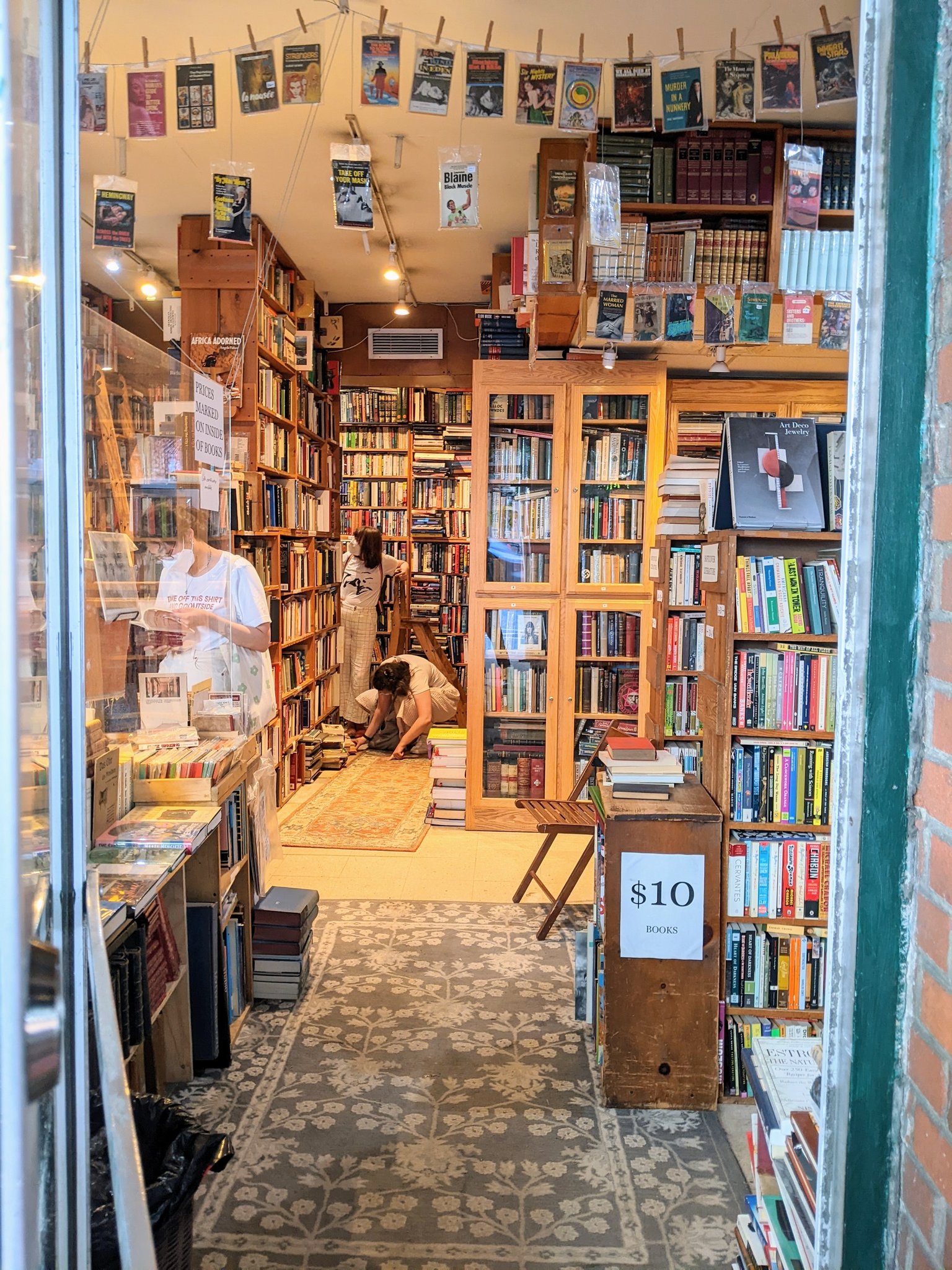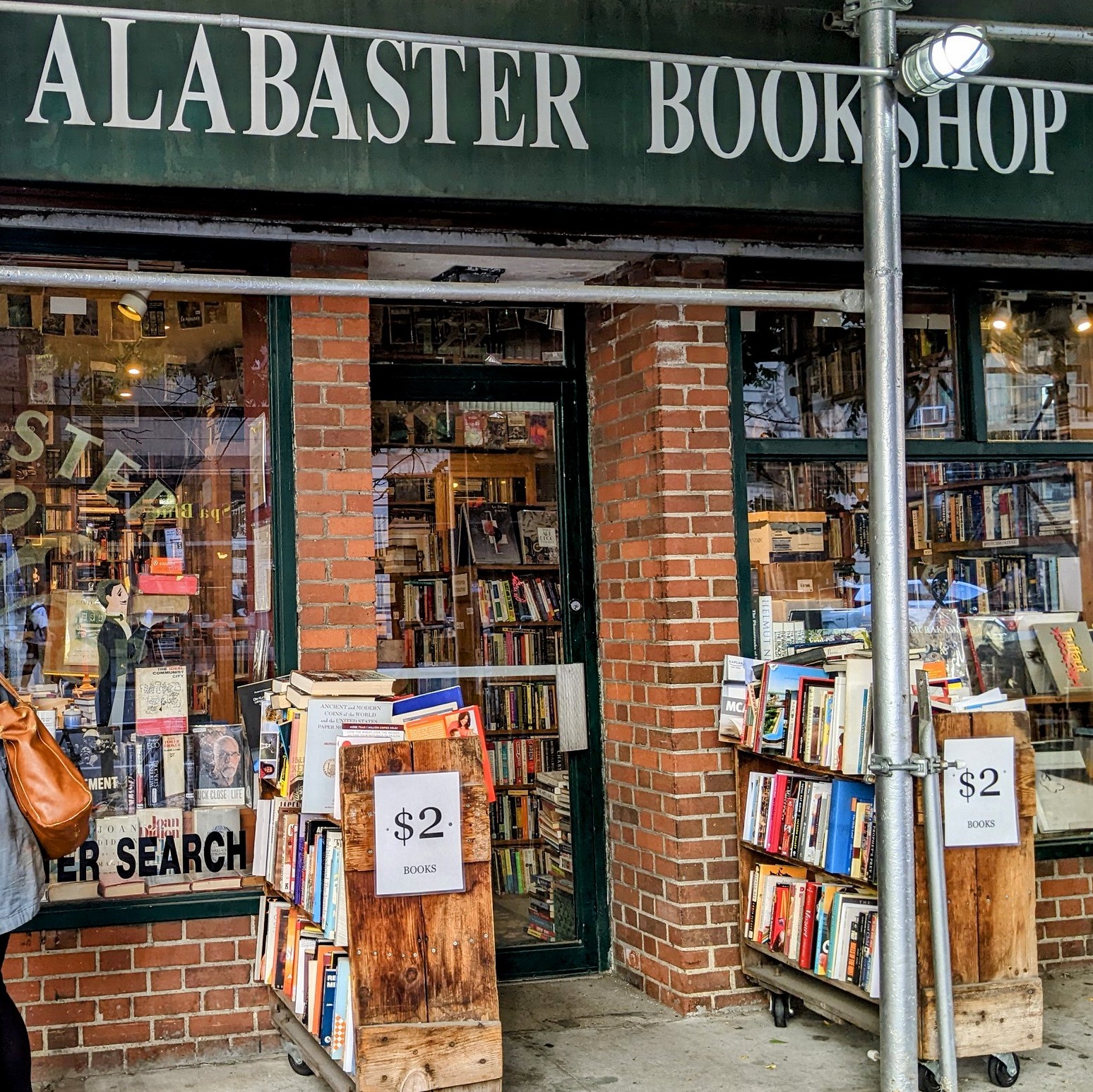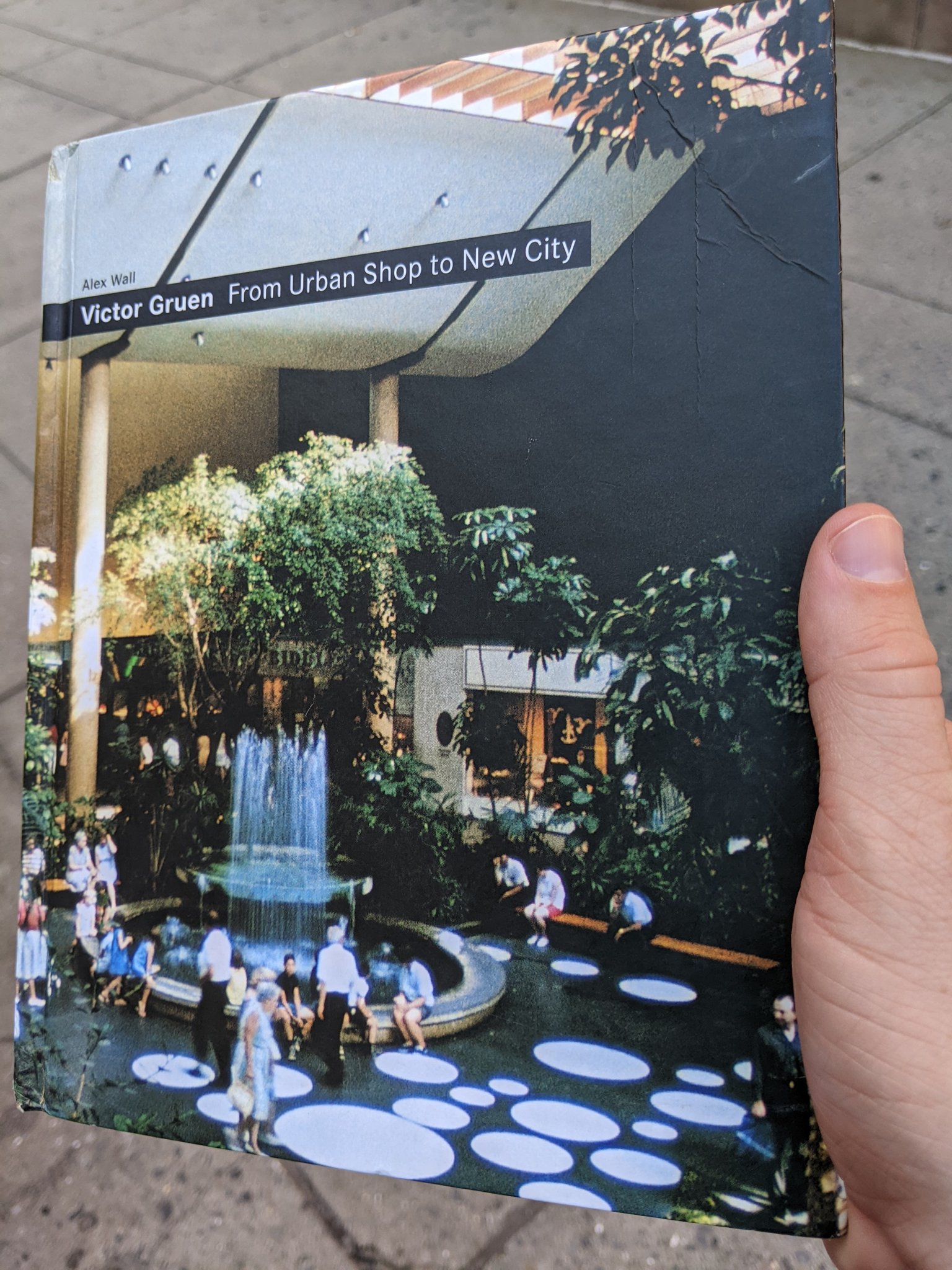Thread by Joe McReynolds
- Tweet
- Jun 14, 2022
- #Cities #Urbanplanning
Thread
One trick I learned from Tokyo that helps for understanding any city: when you come across a charming small biz in a sea of generic chains, ask them about their relationship with their landlord. For example, this is the fantastic Alabaster Bookshop, near Union Square in NYC...
Alabaster is in a part of town that is, shall we say, "generically bougie." The dining & retail here aren't actively *bad*, but they're generic w/ no history or connection to the neighborhood, interchangeable with every other place, only here b/c a profit loss calculation says so
So, in a neighborhood like that, businesses like Alabaster that defy that consensus tend to stand out. I was talking to the staff about the business, and I asked them, essentially, "why are you here instead of a Chipotle?" -- the answer? A co-op owns the building above them.
They have a landlord with a motive other than strict profit and loss; the co-op has a stake in the area and likes the idea of having a bookstore downstairs. Alabaster isn't just one more line item on a spreadsheet to them. Talking to other small biz around NYC, they all have...
A story about how their unconventional relationship with their landlord that allows them to survive. Maybe their family has owned the building for ages. Maybe the landlord grew up in the neighborhood and wants to keep the old flavor alive. Sometimes it's just "bored rich people."
The story varies but the trend is clear: a city w/ unconventional small landlords is a city that's friendlier to idiosyncratic small businesses, the sort of spots that don't turn a big profit but that collectively make a place feel like a *place*, not a generic everywhere/nowhere
The #1 source of these unconventional landlord relationships in Tokyo is banned in most of our cities: under Japan's zoning, homeowners can put nearly any small biz in the bottom floor of their rowhouse, by-right! Any retiree who owns their house is a potential small biz landlord
And often, they're not looking to get maximum return on their space, they'd just like something nice downstairs for the neighborhood they live in and care about. It's a completely different mindset from a large commercial real estate company that results in a different townscape.
If we want cities that feel organic and spontaneous and real, the quickest way to get there is to give people the freedom to do things with their homes other than just live in them. The endless worry about property values that leads to restrictive zoning kills urban spontaneity.


